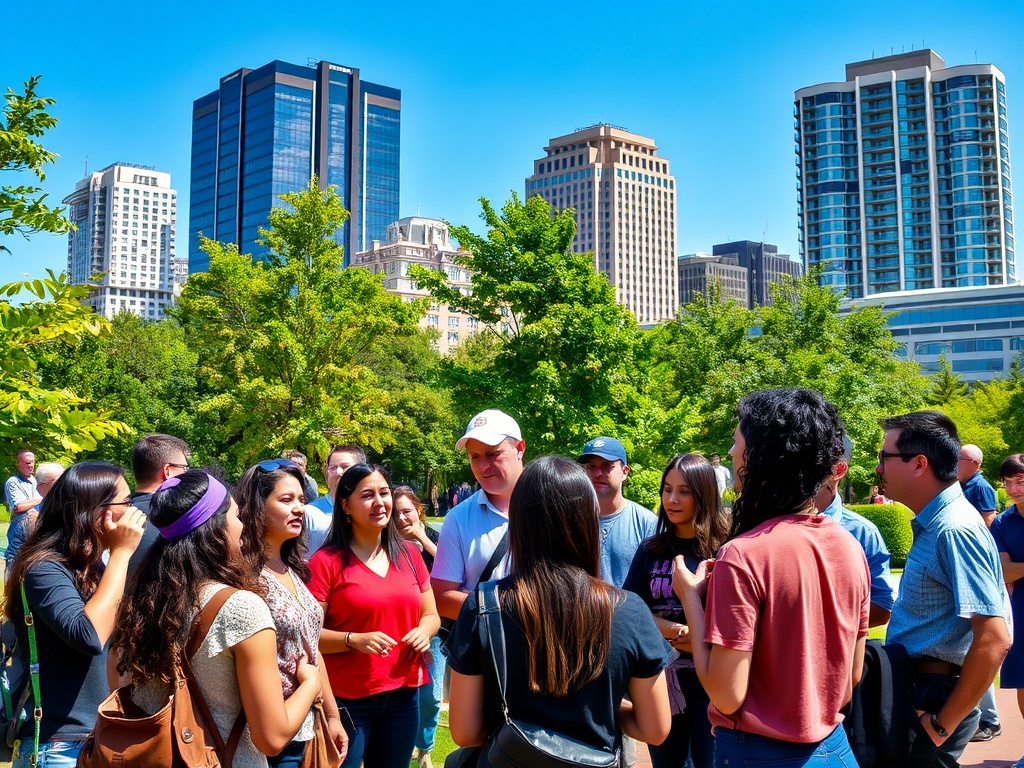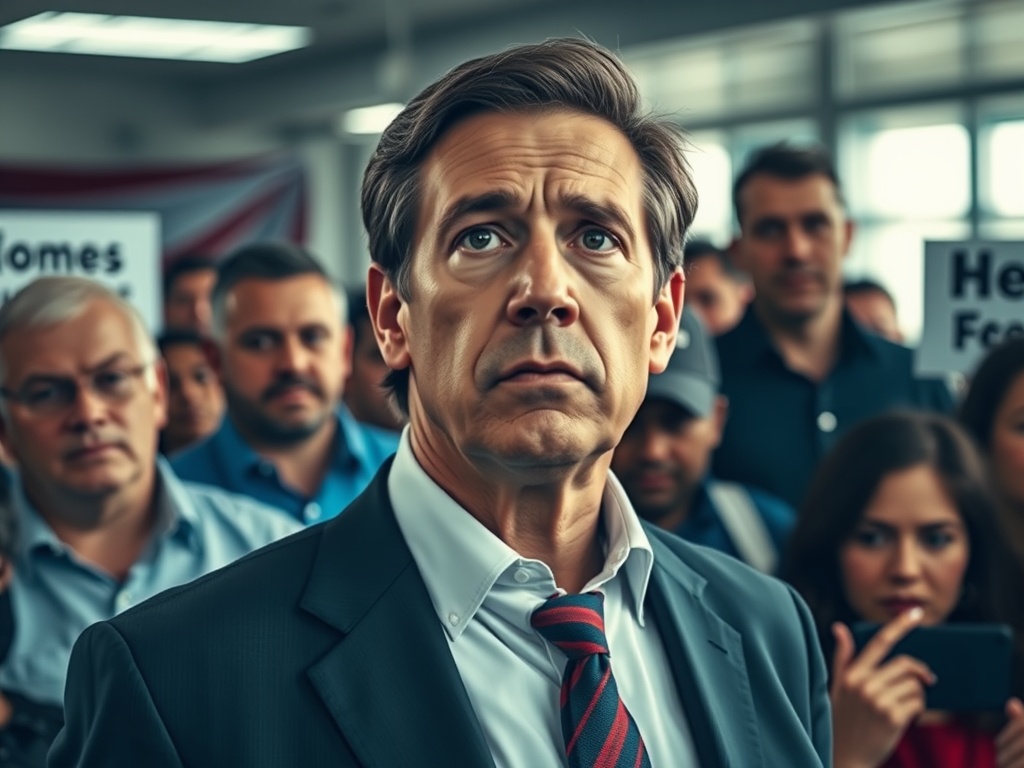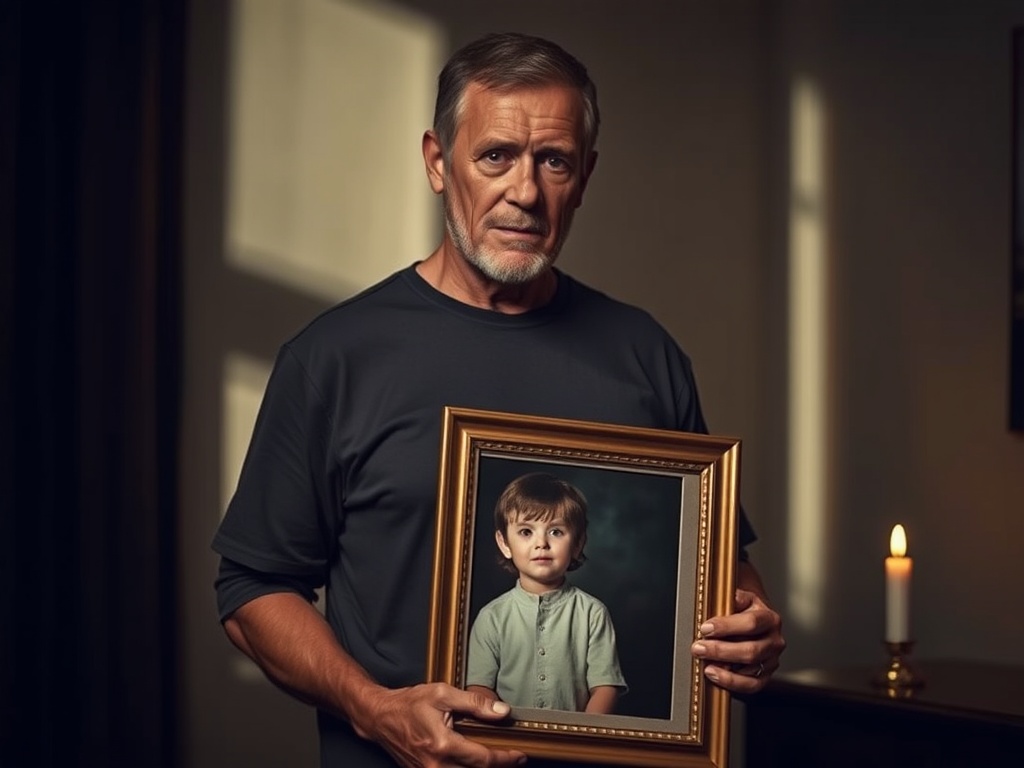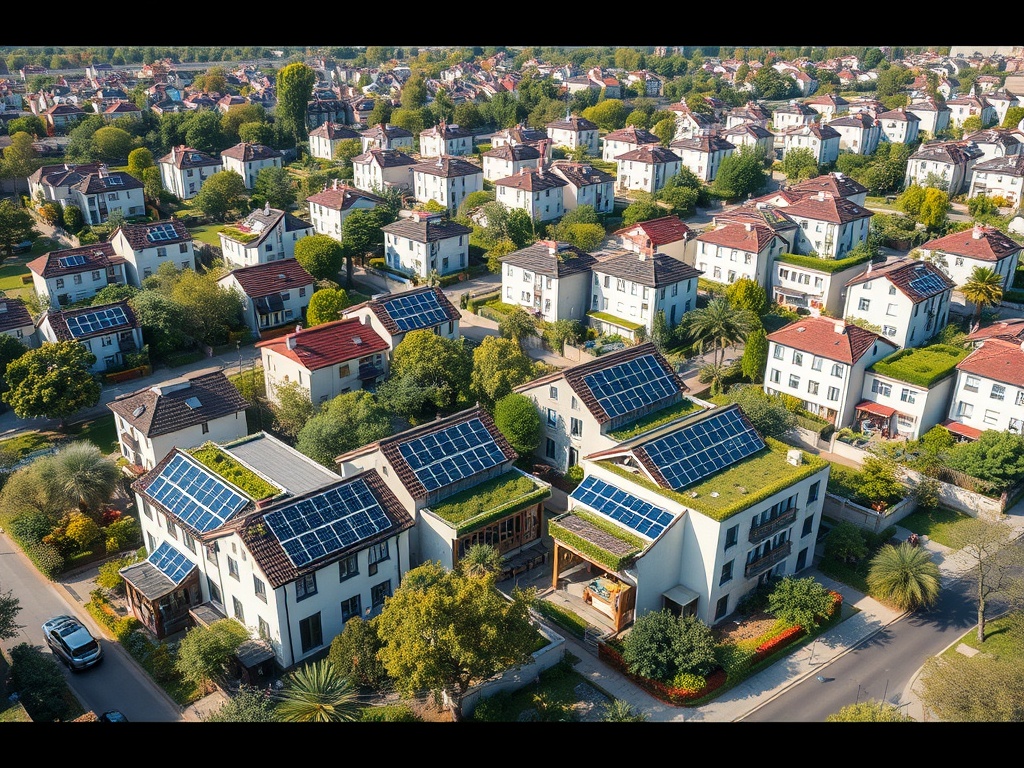A Curious Commonality: Free Speech Advocates
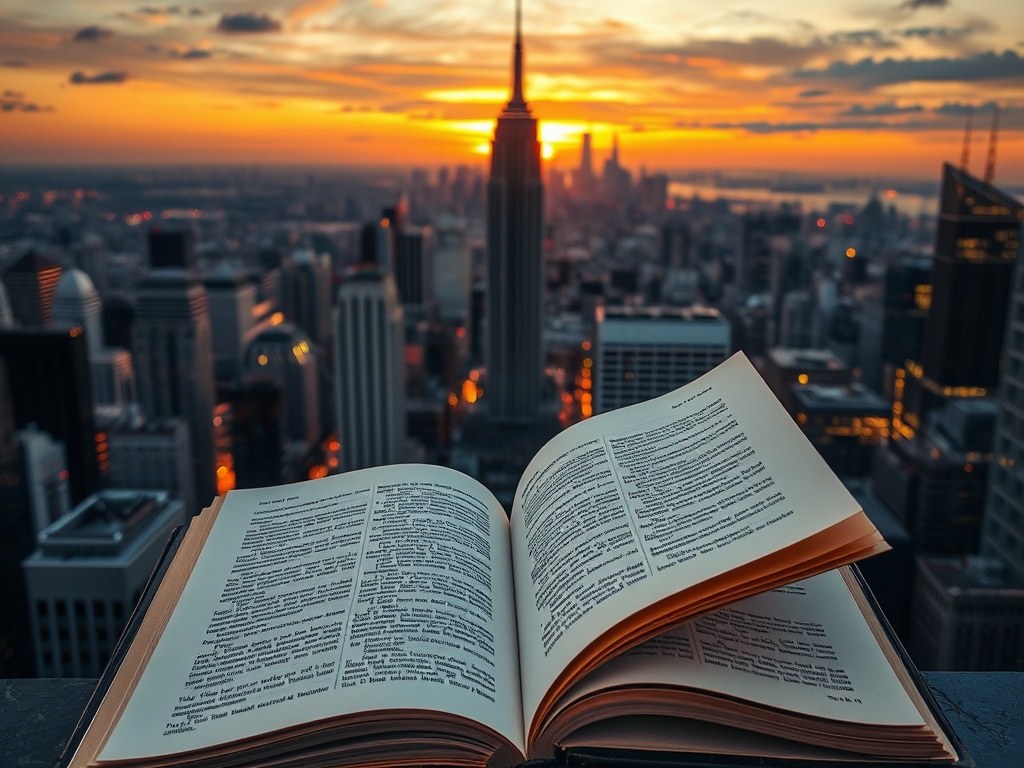
A thought-provoking quiz question arises: what do Jeremy Clarkson, actor Brian Cox, Kemi Badenoch, and JD Vance share in common? The answer lies in their vocal opposition to what they perceive as “woke” censorship, particularly in Britain and Europe.
In a recent column for The Sun, Clarkson came to the defense of Gino D’Acampo, Gregg Wallace, Wynne Evans, and Phillip Schofield, all of whom have faced repercussions for actions deemed unacceptable by some. Clarkson lamented, “They just said something or did something which someone found offensive… No chance to mount a defense. They’re just out. On the scrapheap.” This critique of cancel culture comes from a man who, in the very same newspaper in 2022, expressed a rather shocking sentiment regarding Meghan Markle, dreaming of a day when she would be paraded naked through British streets, subjected to public humiliation.
Similarly, Brian Cox, a distinguished actor known for his powerful performances, recently shared his concerns about “shaming culture” in an interview with The i Paper. While he champions his friend Kevin Spacey, who was accused of sexual assault but cleared in 2023 and now faces a new civil suit, Cox reflects on the complexities of human behavior. He considers Spacey “misguided, certainly, in terms of his sexuality,” but also acknowledges that “sometimes, people push their luck particularly in the sexual area of life.”
In the United States, JD Vance, the Vice President, has accused European politicians of stifling free speech. Meanwhile, Kemi Badenoch, the embattled Tory leader, continues to voice her concerns about woke movements attacking individual freedoms. According to them, our civilization is allegedly crumbling because students dare to veto certain speakers or because social movements such as Pride, Black Lives Matter, and #MeToo have gained significant traction in institutions.
One might assume that these so-called brave champions of free speech would extend their support universally; however, there exists a troubling contradiction at the core of their rhetoric. While they advocate for free speech when it aligns with their viewpoints, they often exhibit a surprising indifference toward the suppression of protests and movements that challenge their beliefs.
These outspoken critics seem to recoil at being contradicted or held accountable. Furthermore, they show little regard for everyday citizens who confront the powerful or politically influential, nor do they appear concerned about governments encroaching upon our rights.
Restrictive Climate in Western Democracies
In Britain, Europe, and the US, government actions have increasingly become more restrictive and punitive, putting democracy itself at risk. In September 2022, a British woman was arrested in Edinburgh for holding a sign that read, “fuck imperialism, abolish monarchy.” Meanwhile, climate change protesters are being imprisoned. Is peaceful protest now considered a crime?
Supporters of Palestinian rights face harassment from law enforcement and live in fear of job loss or social ostracism. Toby Young, founder of the Free Speech Union, revealed that they have defended academics and teachers targeted by legal action, noting that these individuals must remain anonymous to protect their careers. Is this what we call a “Free Britain”?
Western liberal democracies are becoming increasingly censorious. Australia recently canceled its 2026 Venice Biennale artist, Khaled Sabsabi, for having previously depicted the late Hezbollah leader Hassan Nasrallah, who has been labeled a terrorist. In Germany, literary awards and ceremonies have been withdrawn from authors who support Palestinian rights, including notable names like Kamila Shamsie and Adania Shibli. Protests against Israel’s actions in Gaza are met with excessive police force.
Turning our gaze to the United States, my friend Mehdi Hasan, a respected journalist, left MSNBC after his show was abruptly canceled during a time when he was vocal about Israel’s civilian casualties while fighting Hamas in Gaza. In 2023, Joe Cohn, the policy director of the Foundation for Individual Rights and Expression, warned of a troubling rise in attacks on First Amendment freedoms across the country. Censorship is on the rise, and it is deeply concerning.
In various states, drag performances have been halted, school libraries have been compelled to remove books, and faculty members are facing dismissal or punishment for freely expressing their views. Under Trump’s administration, the suppression of dissent has intensified. Reports indicate that Associated Press journalists are barred from the Oval Office for using terms like the Gulf of Mexico, which conflicts with Trump’s preferred designation, the Gulf of America. The proscription of school books has surged, and fears of a new McCarthyism are spreading across the nation. Recently, Elon Musk suggested that journalists from the current affairs program 60 Minutes deserve “a long prison sentence.”
While I do not advocate for free speech absolutism, recognizing that speech can be profoundly harmful and disabling is crucial. We do not raise our children to speak without consideration. Civilized social spaces, both real and online, must be protected, and speech that incites violence should be prohibited and punished. However, the question remains: who gets to determine when speech and thought control are wielded by political leaders? This poses a new and dangerous threat to democracy. Those mentioned above seem indifferent to this reality, but it is a concern we must not ignore.
